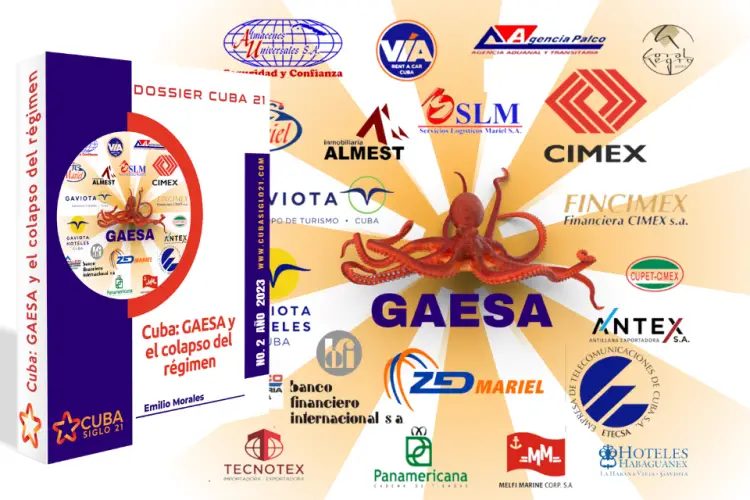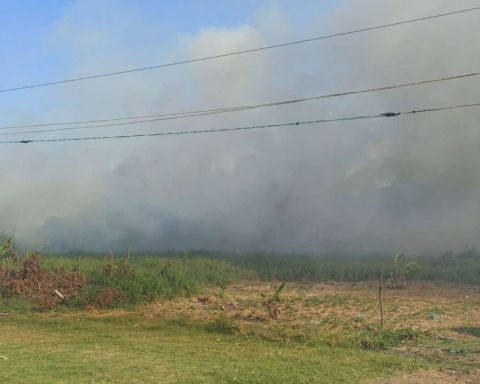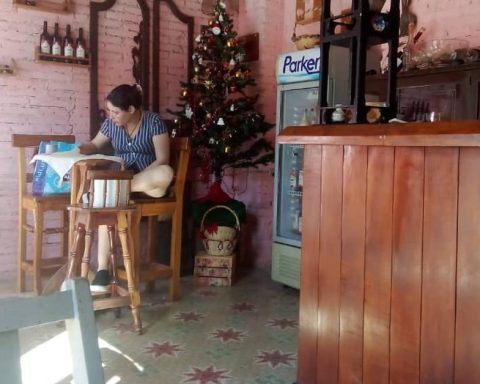Havana Cuba. — The think tank Cuba 21st century has released its number four dossier, in which it suggests the application of the SWOT matrix (Strengths, Weaknesses, Opportunities, Threats) to companies and investors who wish to interact with the Cuban regime.
In view of the fact that various entities seek to negotiate with Havana on different matters, from emigration control to the payment of old debts, going through the interest in improving the situation of human rights on the island, the dossier reminds the applicants that the needs of the regime do not usually coincide with those of the cuban people.
According to the analysis carried out by Cuba Siglo 21, the lifting of sanctions demanded by the regime is not due to the desire to improve the living conditions of Cubans, but rather to the possibility of expanding its profit margins and maintaining its illegal money laundering operations. money.
The only current condition of Castroism that Cuba Siglo 21 values as an “opportunity” is that in more than six decades of dictatorship, the Cuban power elite has never seen itself as weak as it is now. Likewise, it stresses that the oligarchy has tried to recover political stability through repression and a mass exodus; but it has realized that it needs radical changes in order not to collapse. The solution has been to turn to conservative ideologues in the Kremlin to articulate a state capitalism in the style of Putin’s Russia.
Among the weaknesses that the Dossier points out, the most important is that the potential partners who want to negotiate with the regime ignore the endogenous causes of the Cuban crisis. Not only the mismanagement of the economy has been the responsibility of the Cuban government. The new system of confrontation with Western democracies by totalitarian and autocratic regimes has Cuba among its main promoters. The Communist Party now headed by Miguel Díaz-Canel leads the dictatorships of Venezuela and Nicaragua in close agreement with Russia and Iran.
The main threat included in the Dossier is that external actors further hinder the work of Cubans working to achieve a transition to democracy. There is a danger that policies that in the past did not work as expected will be reintroduced; on the contrary, they only served to strengthen the oppressors.
















